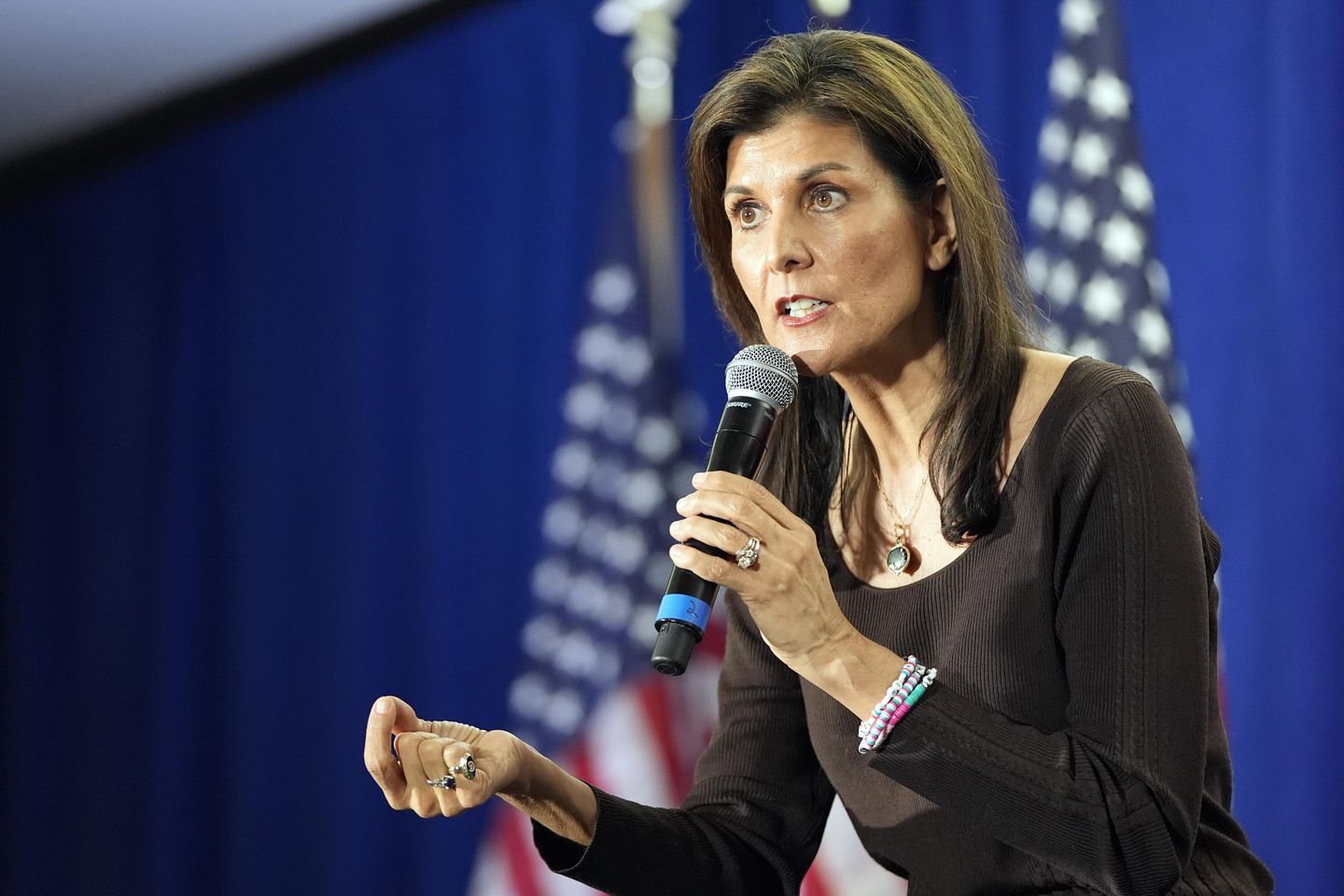Nikki Haley, a Republican presidential candidate, has recently made statements that have been interpreted as criticism of former President Donald Trump. However, she insists that she is not “anti-Trump” and maintains that she supports many of the policies enacted during his administration. Haley has emphasized her own accomplishments as governor of South Carolina and her foreign policy experience as ambassador to the United Nations under Trump. She has also criticized Trump’s handling of the 2020 election and his actions leading up to the Capitol riot, stating that she believes he let the country down.
Despite her criticisms of Trump, Haley has made it clear that she does not consider herself to be “anti-Trump.” She has stated that she believes in the Republican party and its principles, and that she is focused on moving the party forward. Haley has emphasized the need for Republicans to focus on policy and ideas rather than personalities, and has called for a more inclusive and diverse party that can appeal to a broader range of voters. She has also expressed her belief that the Republican party should not be defined by any one individual, including Trump.
Haley’s comments have sparked debate within the Republican party about the future direction of the party and its relationship with Trump. Some Republicans have praised Haley for speaking out against Trump and calling for a more inclusive party, while others have criticized her for distancing herself from the former president. Haley’s statements have also raised questions about her own political ambitions and whether she will be able to navigate the complexities of the Republican party in the post-Trump era.
Haley’s criticism of Trump’s handling of the 2020 election and the Capitol riot reflects a broader debate within the Republican party about the events of that time. While many Republicans continue to support Trump and his claims of election fraud, others have called for a more nuanced and critical examination of his actions. Haley’s comments suggest that she falls into the latter camp and that she is willing to speak out against Trump when she believes it is necessary.
Overall, Nikki Haley’s recent statements have highlighted the divisions within the Republican party and the challenges facing the party in the post-Trump era. Haley’s insistence that she is not “anti-Trump” despite her criticisms of the former president reflects her desire to move the party forward and focus on policy and ideas. Whether Haley will be able to navigate these challenges and emerge as a leading figure in the Republican party remains to be seen, but her comments have certainly sparked a lively debate about the future direction of the party.









